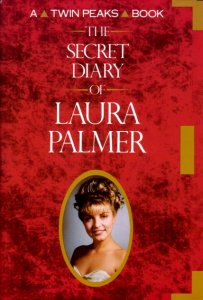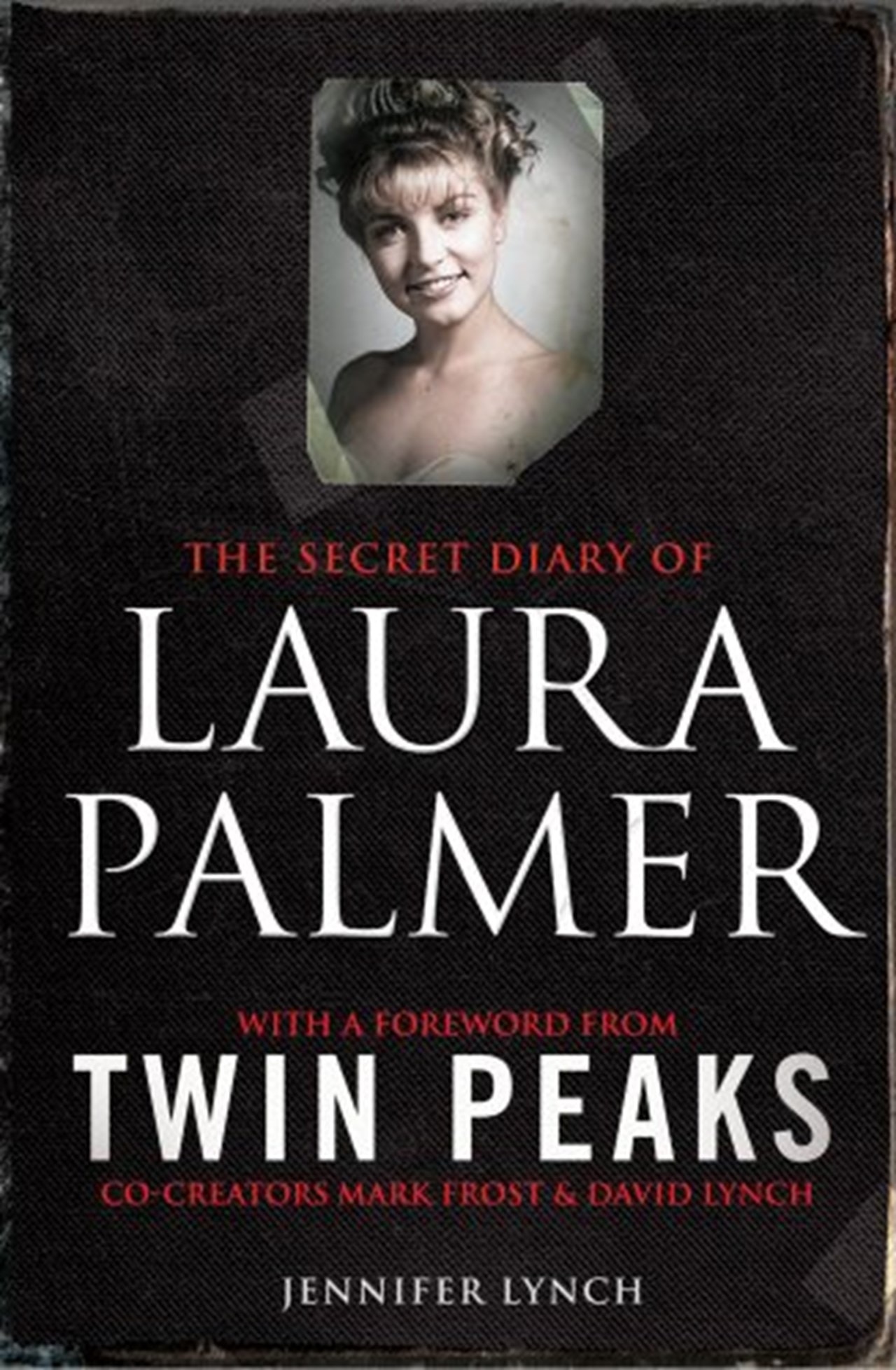
She wrote: “If my husband is free, and in his right mind, why should he go to the vast expense of employing hired men to force an entry into my flat to get hold of some old papers when he has had access to the flat the whole time?” Reassuring himself about her state of mind, he continued: “Apparently, I can dismiss from mind the fear of her molesting me.”Īmong Vivien’s correspondence is a 1935 letter to her solicitors. Weeks later, he wrote to his brother that the pressures of needing to write a play within three months was made worse by Vivien giving him “the maximum of trouble and legal expense in getting my property”. In December 1934, an exasperated Eliot eventually dispatched bailiffs to Vivien’s flat to seize his books and papers. It does show her mental state – tormented and self-tormenting.” Prof John Haffenden, an eminent academic and the volume’s editor, told the Guardian that the material offers “a curious sensation of going into the vortex of her mind as she gets more and more troubled. It expands further on Vivien’s deteriorating mind and her inability to accept that Eliot no longer wanted her. The Letters of TS Eliot: Volume 7 is devoted to 19. The previous volume, which focused entirely on 19, showed Eliot’s desperation to escape the “hideous farce” of their marriage, as the Guardian reported last year.

She died in 1947, aged 58, having been committed to an asylum in 1938. Her symptoms suggest bipolar disorder or paranoid schizophrenia. He married Vivien in 1915, but her mental health took its toll on their relationship. It is the seventh of 20 planned volumes devoted to Thomas Stearns Eliot, winner of the Nobel prize for literature in 1948, whose masterpieces included The Waste Land.

Passages from her diaries, deciphered from her minute handwriting, will be included in a 950-page edition of Eliot’s correspondence, which Faber & Faber will publish on 22 June.

And if he can then say, God bless my little Welsh wife Vivienne.

Months later, despite Eliot’s attempts to distance himself from her, Vivien (sometimes spelled Vivienne) still awaited his return: “The only thing I yearn for & bleed for is the day when Tom calmly turns the keys in this front door, walks leisurely in, finds the room door key, & then has a good look all round, smiles with quiet satisfaction, draws a long breath, & goes quietly to his dear books & to his bed. In one entry, she wrote: “My belief is that he wants to get back to me, & is in chains.” Diary entries of 19 show she convinced herself that he had been kidnapped and needed to be rescued, or that she had met an impostor, rather than the real Eliot, at a lawyer’s office to discuss their separation.


 0 kommentar(er)
0 kommentar(er)
